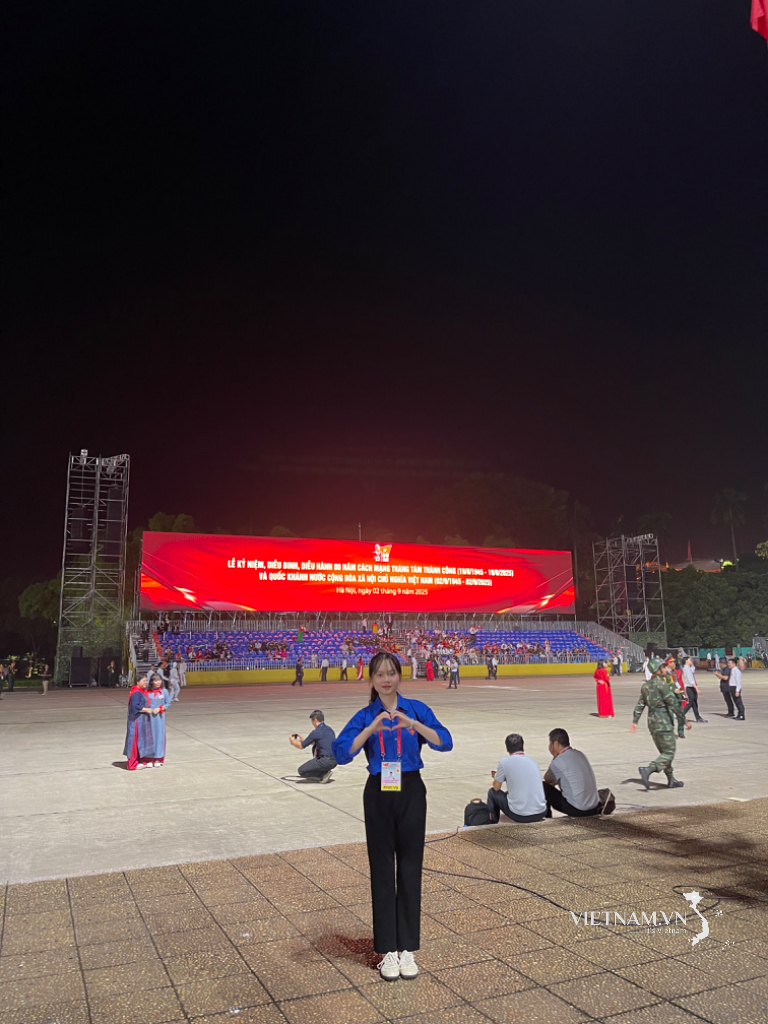American literature on the Vietnam War. The Vietnam War affected the entire American nation, and the volume of American writing on this subject is enormous.
American literature on the Vietnam War: Until the war ended in 1975, I had only read a few American literary works on this topic: Letters from Vietnam (1967); A Poetry Reading Against the Vietnam War (1966); and two novels, of which I remember most vividly: Sand in the Wind (1973) by Robert Roth (born 1948) - a former US Marine - a nearly 500-page work describing 13 months in central Vietnam for a platoon of American soldiers, the romantic love story of an American lieutenant in Da Nang and Hue, a war of unclear meaning, heroes and victims, ruthless soldiers, courageous Viet Cong…
The Vietnam War marked an entire generation of Americans. Concluding his book * Dispatches* (1977) with a touch of romance, Michael Herr (1940-2016) spoke for his generation: "Vietnam, you know, we were all there." In 1990, 15 years after the war, the first reunion of Vietnamese and American writers and veterans took place in a joyful atmosphere, reflecting the camaraderie of those who had once fought on opposing sides. I received complimentary books and conversed with a number of writers and poets such as WD Ehrhart, Yusef Komunyakaa, Larry Heinerman, Larry Lee, Larry Rottman…
The Vietnam War also affected the American nation, resulting in a vast body of American literature on the subject – research, realism, and fiction. Those who had lived in Vietnam recounted their experiences, seeking a novelistic form to explain Vietnam. The first work of this type was *One Very Hot Day * (1968) by journalist David Halberstam (1934-2007), which depicts the fear and heat engulfing a group of American soldiers in an ambush. Larry Heinerman (1944-2014), as early as 1974, wrote works imbued with the heat of the battlefield. He won the National Book Award for *Paco's Story * (1987), about the sole survivor of an American company, wandering like a soulless shadow. *Born on the Fourth of July * (1976) by Ronald Lawrence Kovic (born 1946) portrays the tragedy of the soldier.
Philip Caputo's (born 1941) work, *A Rumor of War * (1977), is a Marine lieutenant who landed in Da Nang in 1965 and later became a war correspondent. The work analyzes the intrusion of cruelty into the human heart, reminiscent of *Heart of Darness* ( 1899 ) by the Polish-born British writer Joseph Conrad (1857-1924).
Jerry Gustav Hasford's (1947-1993) short-times (1978) is a work that uses biting humor with the kind of reasoning some Pentagon officers use: "To save that village, we have to burn it down." Soldier Leonard Pratt awaits his weapons ceremony to assassinate his training instructor and then commit suicide. The final story is about a unit's patrol at Khe Sanh; soldiers stationed at the base count down the days until they can return home. Some soldiers make painful jokes like, "Hey, I don't blame the dead. My best friends were among them," or a new soldier in Vietnam says, "I don't think I'm going to like this movie."
Going After Cacciato (1978) is considered the best novel about the Vietnam War, winning the National Book Award in 1979. The author, Tim O'Brien (born 1946), was a draft-in soldier. Vietnam was a foreign planet to him, like the moon; his only goal was to survive and return home. The work depicts the escape of Cacciato, a soldier with no understanding of war, pursued worldwide by a squad led by Corporal Paul Berlin. The writing style is influenced by Hemingway's unexplained, almost surreal or "magical realism" style of observation.
Dispatches (1977), a novel by Michael Herr, stems from a surreal, dreamlike perception of the Vietnam War. Many tragic or cruelly humorous scenes emerge from these telegrams. For example, a wounded American soldier, ordered to kill Viet Cong with an M16, returns with his mouth agape, eyes wide open, almost insane. Another image shows a young American soldier with a hospital reply pinned to his uniform: "The X-rays have been developed. Based on the images, the hospital will soon make a diagnosis."
The Vietnamese theater scene quickly gained prominence in Vietnam, particularly with the trilogy by David William Rabe (born 1940). The first, *Sticks and Bones* (1969), tells the story of a young soldier returning from Vietnam who becomes blind, lives alone with his family, and then commits suicide. The second, *The Basic Training of Pavlo Hummel* (1971), opens with a scene in a Saigon bar: drunken soldiers spout foul language and boast about their lives; when Pavlo begins his story, a Viet Cong grenade explodes, and he is wounded and has to be carried away by a Black comrade. The third, *Streamers* (1976), depicts three soldiers, two white and one Black, sharing a room in a camp, awaiting their deployment to Vietnam. They compete to recount the horrific battles awaiting them in the Vietnamese jungle.
Besides the novels mentioned above, here are some other works: The Armies of the Night (1968) by Norman Mailer (1923-2007); Fire in the Lake (1972) by journalist Frances Fitzgerald (born 1950); Viet Journal (1974) by James Jones; Indian Country (1987) by Philip Caputo… These are not the last works about the Vietnam War because American history is divided into two periods: one before and one after the Vietnam War.
Source

















































































































Comment (0)